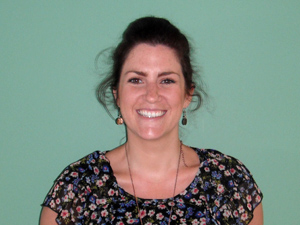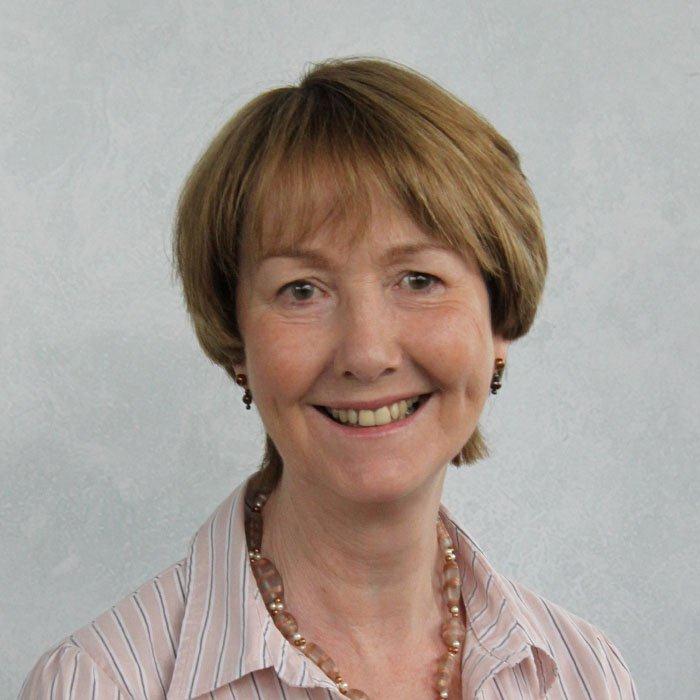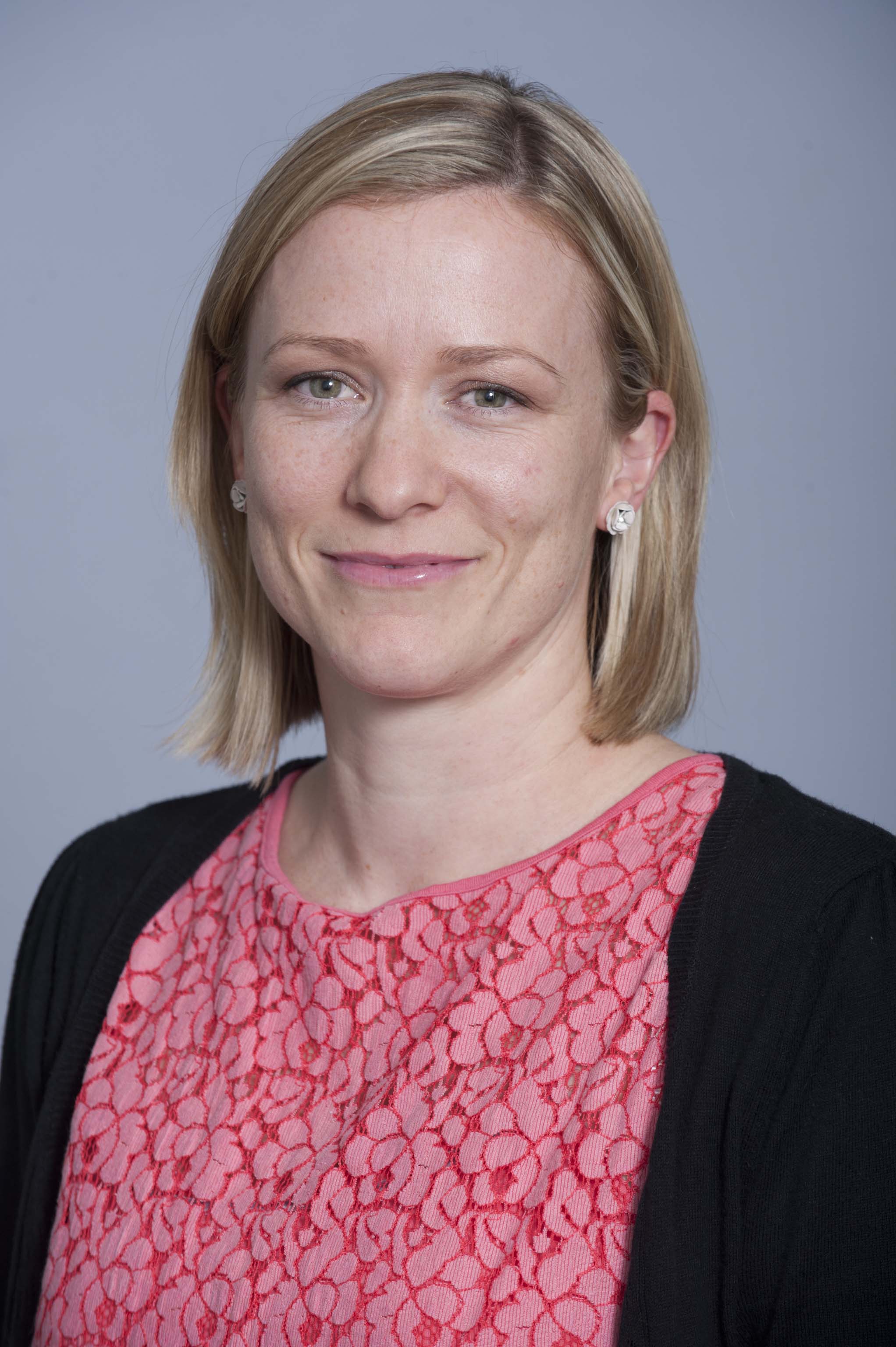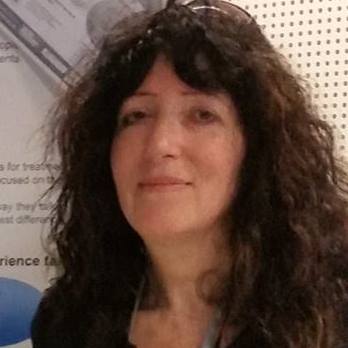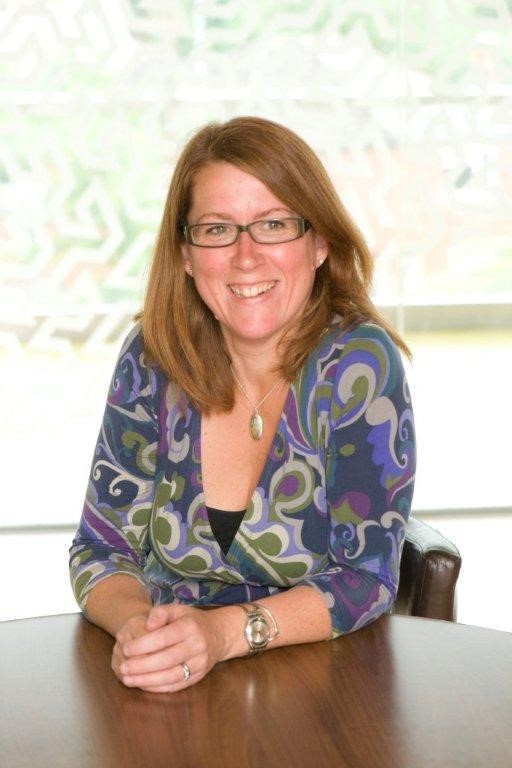The BPOS Executive Committee
BPOS is run by a team of volunteers, nominated and elected by our membership at our Annual General Meeting. Most positions on the Executive Committee run for a period of three years.
If you are interested in joining our executive committee, please see below for details about which postions may be open for nomination at the next AGM (see vacancies page). Positions are elected for a 3 year term.
The current Executive Committee for 2017 includes:
|
|
Chair: Eila Watson, Oxford Brookes University - 2016 - 2018 (second term on committee) Eila has been Professor of Supportive Cancer Care at Oxford Brookes University since 2007, and was previously Deputy Director of the Cancer Research UK Primary Care Education Research Group at the University of Oxford. Eila leads a research group whose activities focus on cancer survivorship issues. She has a specific interest in the role of primary care in the delivery of cancer care, and the impact of cancer on the family. She is currently leading a pilot trial of a nurse-led psycho-educational intervention for prostate cancer survivors in primary care, and a study of womens' experiences and views on adjuvant endocrine therapy following breast cancer. Eila is a member of the NCRI Primary Care Clinical Studies Group (Chair of the Survivorship Subgroup) and the Psycho-oncology Clinical Studies Group. You can email Eila on chair@bpos.org
|
|
|
Lorraine is Research Assistant and part-time PhD student at the University of Leeds with the Psychosocial Oncology and Clinical Practice Research Group (POCPRG) and became the BPOS treasurer in February 2014. Lorraine joined the POCPRG in 2010 when she was employed as part of the COMPASS collaborative. Her role was to lead on the analysis of existing data to explore the frequency of discussion of psychological issues in oncology consultations, and subsequent referrals to psychology services. Lorraine then went on to work as part of the core team on the development grant for eRAPID, an NIHR funded project to develop and evaluate a web-system for patients to report symptoms and side effects during and after cancer treatment. Lorraine is now employed as a research assistant on the eRAPID programme grant. She is also undertaking a PhD exploring how psychological theory and social cognition models can be applied to identify variables associated with engagement with routine electronic symptom reporting interventions. You can email Lorraine on: treasurer@bpos.org |
|
|
Secretary: Sarah Dickinson, University of Leeds - 2017-2019 Sarah is a Project Manager at the University of Leeds. For the last 2 years she has worked within the Section of Patient Centred Outcomes Research (PCOR), made up of around 30 people, providing high quality independent administrative support for a variety of projects. The main project she works on is a large-scale research programme called eRAPID which is recruiting across three centres in England. She supports the writing of formal reports to the funder (National Institute for Health Research) and support all administrative tasks required for clinical research governance. She currently arranges and takes minutes for 8 regular meetings within the PCOR group varying in frequency from once a week to once every three months. Some of the meetings involve internal staff only whereas other meetings involve external collaborators for example Steering Committee meetings and Data Monitoring and Ethics Committee meetings. She also arranges and liaises with any external speakers at Section monthly meeting. In November 2016, she organised the 20 year celebration of the PCOR section at the University of Leeds which was attended by 65 people. This involved organising the venue, food, travel and accommodation of national and international presenters as well as monitoring attendees and any queries they had. The event was for current and former colleagues and collaborators as well as patient representatives. In addition she supports the eRAPID team with research based tasks including conducting patient and staff interviews, recruitment, following patients up with questionnaires and data entry. In the last 2 years, she has been a named author on 4 abstracts presented at the BPOS conference. Interests • Avid traveller. she like learning about different cultures and trying different activities; • She likes to keep fit for example she has participated in the Yorkshire 3 Peaks twice and recently completed the Leeds 10K. • Socializing with friends and going out to see live music and shows at the theatre. You can email Sarah on: secretary@bpos.org
|
|
|
Newsletter Editor: Brooke Swash, University of Cambridge - 2016 - 2019 (second term on committee) Brooke is a Research Associate with the Palliative and End of Life Care Group at the University of Cambridge. Here, she works as part of a team that aims to better understand what is needed to provide excellent care for patients at the end of life, and how existing healthcare services can better meet patient needs. Previously, Brooke was based at the University of Chester where she was a Gladstone Fellowship PhD student in Psychology. Brooke continues to work with the Psychology department at Chester as a Visiting Lecturer and is an active member of the university’s Psycho-oncology Research Group. Brooke’s PhD research looked at unmet psychosocial needs in adults with a diagnosis of haematological cancer and how needs impact upon adjustment to a new diagnosis. Her research places a special emphasis on the psychological adjustment of those diagnosed with a life-limiting condition. Brooke is also the early-career member of the NCRI Psychosocial and Survivorship Clinical Studies Group. |
|
|
Psychology Rep: Steph Archer, Imperial College London - 2014-2017 Steph is a Research Associate at the Centre for Patient Safety and Service Quality at Imperial College London. Her current research is in the area of teamwork and skills, with a view to reducing adverse patient events. Previously, Steph worked at the University of Derby as a Lecturer in Health Psychology and as a Research Fellow at the Royal Derby Hospital in the Gynae/Oncology department. Prior to joining Imperial, Steph's research interests focused on improving the patient experience for patients with gynaecological and breast cancer. Steph is currently supervising 2 PhD students in the area of psycho-oncology and is finishing off her own Stage II qualification in Health Psychology.
|
|
|
Nursing Rep: Susan Williamson, University of Central Lancashire - 2014-2017 Susan is a Senior Research Fellow in the School of Health at the University of Central Lancashire working in the Cancer, Supportive and Palliative Care Research Group. She qualified as a nurse in 1978 and was awarded her PhD from the University of Manchester in 2001. She has a history of work in applied health care research, focused on identifying and meeting the psychosocial, information and support needs of people who have been diagnosed and treated for cancer. A key feature of this work has been on fully utilising and developing the skills of clinical nurse specialists enabling them to provide patients with the information and support they need at key points in their follow-up within current service provision. This has led to the implementation of nurse-led interventions which fit well with the aim of the National Cancer Survivorship Initiative “to ensure that those living with and beyond cancer get the care and support they need to lead as healthy and active a life as possible, for as long as possible.
|
|
|
Psychiatry Rep: Annabel Price, Addenbrooke's Hospital, Cambridge - 2016 - 2019 (second term on committee) Annabel is a liaison psychiatrist dual trained in general adult and old age psychiatry, based in the older people's service at Addenbrooke's Hosptial in Cambridge. She has a clinical and research interest in mental health at the end of life and has published on various aspects of this including the epdiemiology of depression in palliative care in her previous role as a clinical lecturer in palliative care at King's College London Institute of Psychiatry. She has worked clinically at St Christopher's Hospice in South East London. She is currently involved in end of life resarch and teaching at the Unviersity of Cambrdige alongisde her clinical role.
|
|
|
Carey currently works at the North Wales Cancer Treatment Centre as an Associate Specialist in Medical Oncology. She graduated in 1997 from the University of the Witwatersrand in Johannesburg, South Africa doing her house-job at the Pretoria Academic and Weskoppies Psychiatric Hospitals with electives at the South African Sports Science Institute in Cape Town. She moved to Shrewsbury, UK in 1999 to do her medical rotation. She was appointed as the first Staff oncologist at the Cancer Centre when it opened in 2000 re-grading to Associate Specialist in 2008. Her sub-speciality sites are Lung cancer (in particular Small Cell and advanced Non-small Cell), Renal carcinoma, Ovarian carcinoma and Acute Oncology. Her key areas of interest are treatment/symptom control in advanced lung and renal cancer, brain metastases and palliative medicine. Carey is particularly keen on the promotion of good communication skills and enhancing the “patient experience” as well as the psychosocial issues affecting patients. She has a longstanding interest in research and is involved in numerous clinical trials as Principal/ Co-investigator. She completed a Masters Degree in Palliative Medicine in 2011 looking at “the Experience of Living with Brain Metastases” and has presented this at numerous local, regional and national meetings. In December 2011 she was awarded 3rd prize for her research at the Royal Society of Medicine Palliative Care Show Case. She has also won two national prizes for her work on the “Management of Breathlessness”. When not working (!) she is an avid reader (Scandinavian crime, psychological thrillers) as well having a love of art (the Pre-Raphaelites, Great Masters, Impressionists and currently the realms of fantasy art).
|
|
|
Consumer Rep: Helen Bulbeck, Director of services and policy, brainstrust - 2017- Helen has experienced cancer from a carer’s perspective and also as a cancer patient. Her daughter, has had a grade 2 brain tumour and Helen has had salivary gland cancer. She uses the experience of being a patient, relative, member of the public and a carer to support 1000s of patients who have brain cancer. This 360 degree view means that she is well placed to understand the perspectives of patients, carers and health care professionals. Her roles in brainstrust, a national brain cancer charity which she founded,and as a consumer representative with various bodies are as a disseminator of information and the provision of a network and community, so that she can provide advice on achieving effective consumer involvement and creating a voice. Helen’s key drivers are the patients, their carers and healthcare professionals, with whom she interacts daily. Her ethos of 'none of us is as smart as all of us' is a core value for her. Elemental to Helen’s work is high performance coaching. This sets brainstrust apart. When we are no longer to able to change a situation we are challenged to change ourselves. The coaching relationship enables people to face these challenges, so that they learn how to develop resilience and utilise resources to their full potential. Helen stays up to date with relevant research, ensuring her reading is not brain centric. The skills she developed whilst studying for her PhD means that she is tenacious in spirit, but with a listening ear. helen@brainstrust.org.uk |
|
|
Open Position: Trish Holch - 2017- Trish is a Research Fellow at the University of Leeds with the Psychosocial Oncology Clinical Practice Group (POCPRG) and became BPOS secretary in 2013. Trish joined the POCPRG in 2009 and was initially funded by the NCRI COMPASS Collaborative when she developed guidelines for oncologists to manage emotional distress in cancer patients and explored health professionals’ attitudes to the use of antidepressants in clinical care. More recently Trish has led work stream in the NIHR eRAPID (Electronic patient self-Reporting of Adverse-events: Patient Information and aDvice) project developing and reviewing items for patients to self-report adverse events (AE) during cancer treatments and developing toxicity self-management advice. Trish is currently co-ordinating the radiotherapy strand of the eRAPID programme in Leeds and Manchester. Trish’s background is in Psychology specifically Behavioural Neuroscience and was awarded a PhD (2009) from the Institute of Psychological Sciences at the University of Leeds and a BSc (Hons) degree in Applied Psychology from the same institution (2003). Following her husband’s diagnosis of terminal prostate cancer Trish changed the focus of her career to the psychosocial needs of oncology patients where she has been able to utilize both her psychological knowledge and former clinical experience as a nurse. |
|
|
Student Reps 2016- Will Kent, University of Chester & Jenny Harris, Kings College London Will completed his Psychology Bachelor’s Degree in July 2015, and is currently in his first year of his PhD in the Department of Psychology at the University of Chester. Will’s research will explore the development and testing of an intervention, based on Acceptance and Commitment Therapy (ACT), for work-related stress and compassion fatigue in oncology nurses. Will is also an active member of the Contextual Behavioural Science Lab and Psycho-social Oncology Research Team. Alongside his PhD, will works for a mental health company called Making Space, providing psychological support to ten clients with a range of severe mental health disorders.
Jenny Harris Jenny is a part-time PhD student and research associate in the Florence Nightingale Faculty of Nursing a Midwifery at King’s College London. Jenny’s PhD aims to develop a predictive risk stratification model for posttreatment anxiety in women diagnosed with breast cancer. Jenny is a researcher for the EU funded eHealth project eSMART and her other research interests focus on developing interventions to enhance multidisciplinary teamworking and promoting physical activity after treatment for cancer.
|
|
|
Online media: Carol Rivas, University of Southampton - 2017-2019committee) Carol is a Senior Researcher at the University of Southampton. She has a background in cognitive neuropsychology specialising in psycholinguistics, and in medical sociology with a special interest in inequalities and the patient experience. Carol has led on an NIHR HS&DR funded project on automated analysis of the free text comments in the annual National Cancer Patient Experience Survey, and their visual representation on a website. She has also spent three years involved in research on the prostate cancer experience and is collaborator on a study to develop gynaecological cancer PROMS as part of the COMET reporting initiative. Carol mainly uses surveys, qualitative research and the microanalysis of communication in the clinical encounter to explore possibilities for improvement of the patient experience in ways that are grounded in the pragmatics of real world implementation. Her research is shaped and informed by issues of culture, gender (masculinities and femininities), ethnicity and identity and health beliefs. She is interested in the social concepts of moral accounting and disrupted biographies as well as the psychosocial, for example social identity theory. Carol has a strong interest in innovation, creative enquiry and interdisciplinary work and aims to incorporate arts-based co-design and patient and public collaborative work within her projects. She is also interested in the use of technologies in healthcare. Carol’s role on the executive committee involves managing the BPOS website, Twitter feed @BPOSUK and quarterly e-Bulletins for BPOS members. |
|
|
Open Position, Conference and Event Organiser: Emma Nicklin, University of Leeds -2017-2019 Emma is a full-time PhD student at the University of Leeds with the Psychosocial Oncology and Clinical Practice Research Group (POCPRG). Emma’s PhD is focusing on teenage and young adult survivors of childhood brain tumours. She’s interested in the issues that patients (and their family members) experience as they transition from childhood to adulthood. For example - issues with education, living independently and forming relationships. In previous research roles Emma has studied NHS information systems and their impact on the quality and safety of care. Emma has also worked as a part of the Leeds Primary Care Mental Health Service research team. |
 |
Open Position: Palliative Care, Caroline Barry, Consultant in Palliative Medicine, Norfolk and Norwich University Hospital-2017-2019 Caroline is a consultant in palliative medicine at the Norfolk and Norwich University Hospital NHS Foundation Trust. Clinically, she supports patients with cancer at all stages of their illness, including those treated with curative intent and survivors of cancer. A large part of her clinical role is spent supporting those dealing with the psychosocial impact of cancer. Her research interests concern the clinical application of the Mental Capacity Act 2005 and the Human Rights Act 1998 towards the end of life. She is particularly interested in advocacy and mediation for groups and individuals who may struggle to get their voices heard in a healthcare setting. She recently completed an NIHR CLARHC fellowship based within the Palliative and End of Life Care Group at the University of Cambridge where she led a study examining the role that impaired capacity had on adverse palliative discharge outcomes from hospital. In addition to her CLAHRC fellowship she holds a PGCE and is a fellow of the higher education academy. In 2014, she was awarded a master of laws (LLM) from Cardiff University and has been involved in teaching at the University of East Anglia and Cambridge University. Outside medicine, she volunteers for the charity Medical Justice, providing medicolegal reports for victims of torture detained in immigration removal centres in the UK. |
|
|
Open Position: Claire Foster, University of Southampton - 2016-2019 Claire obtained her PhD in health psychology from the University of Exeter. She then spent seven years at the Institute of Cancer Research investigating the psychosocial consequences of having a genetic predisposition to breast/ovarian cancer. She moved to University of Southampton in 2004. She is Professor of Psychosocial Oncology in the Faculty of Health Sciences. She is Director of the Macmillan Survivorship Research Group and her research programme focuses on advancing understanding of the health outcomes and experiences of cancer survivors and developing supportive resources to enhance well-being and self-management following treatment. This includes large prospective cohort studies to understand the consequences of cancer over time, how this can impact on people’s daily lives, and identifying areas for intervention. Her team is developing complex interventions, including web-based resources, to support self-management of cancer related problems such as fatigue following cancer treatment; and developing web-based decision aids to support younger women facing decisions about treatment and genetic testing. Claire is a member of the NCRI Psychosocial Oncology and Survivorship Clinical Studies Group. |
|
|
Open Position: Sara MacLennan, University of Aberdeen - 2015-2018 Sara is a Senior Lecturer in the Academic Urology Unit, University of Aberdeen, Director of Operations for UCAN (Urological CANcer charity) and holds an honorary contract with NHS Grampian. She is a Chartered Psychologist and an Associate Fellow of the British Psychological Society, and a Registered Health Psychologist (Health & Care Professions Council).
Her expertise is in the health psychology of cancer. There are three key stands to her research: cancer survivorship, stakeholder engagement in the design and delivery of care and behaviour in relation to cancer, long-term conditions and life events. Her research is framed by the need to understand the person within the social, occupational and cultural context in which they operate. |


